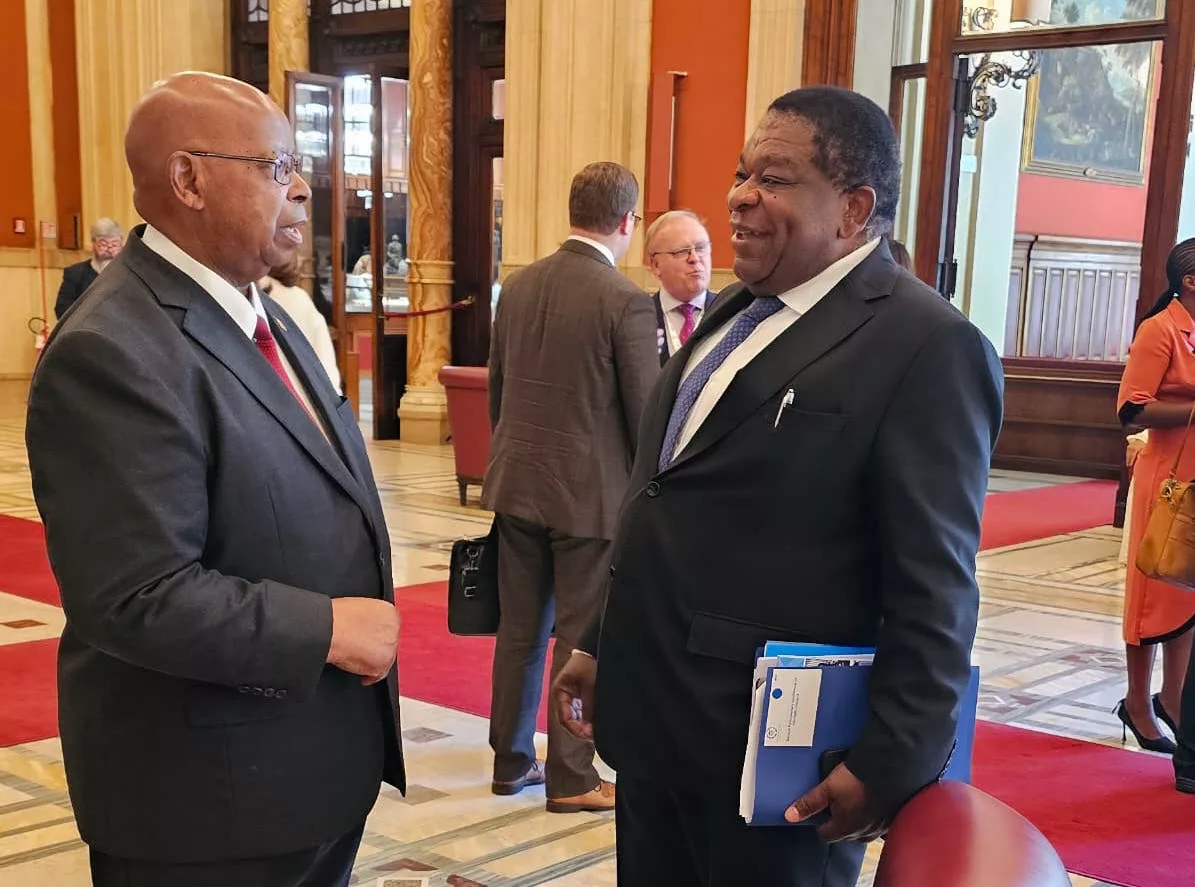By Charles Dhewa
In the face of intensifying climate change, voices calling for Africans to go back to their original food systems are getting louder. Such voices are guided by changes in the natural phenomena that once existed in several African communities and countries. Many voices are lamenting the fact that policymakers have embraced foreign food production systems at the expense of natural ecosystems like rich forests teeming with insects, wild animals, and indigenous fruits, among others.
Some of the major questions being raised repeatedly include: As Africans destroy or remove natural forests to set up infrastructure like buildings and roads, what is replacing natural resources that existed before setting up these structures? When forests are cleared for mining purposes, what happens natural ecosystems and livelihoods that used to survive on natural resources?
What are Africans losing by replacing natural ecosystems with imported assets?
While there are no easy answers to most of the questions, should Africans cry foul about climate change when they are allowing natural resources to be destroyed? It is clear that African countries have been facilitating the destruction of their natural ecosystems and replacing them with colonial imported assets. Another major question is: How can African countries use natural food systems to develop their economies?
Traditionally, Africans developed tastes and preferences for foods that grew naturally without destroying local economies and ecosystems. Unfortunately, by embracing industrialization, these countries have over the past decades been importing in-organic knowledge to replace organic knowledge as well as destroying natural forests to grow hybrid maize and other imported foods. By destroying natural food systems, Africans are also destroying embedded knowledge. The majority of African countries have not cultivated pathways for developing or propagating local knowledge toward increasing production and utilization of natural foods. Much attention has been directed at supporting food systems for economies that have done research on their foods which they are bringing to Africa so that Africans produce for them in abundance and export to their countries.
That is how African countries have become food production zones for foreign countries that have destroyed their natural ecosystems. For instance, of the two million kilograms of tobacco produced in Zimbabwe, less than 2% is smoked locally. As Africans produce export-oriented crops like cocoa, cotton and tobacco, they destroy their natural ecosystems and replace them with imported plant species. In the same vein, Africans are destroying soils and micro climates on which natural foods used to grow. As Africans build infrastructure like barns for tobacco curing, they destroy forests which are an integral component of natural food systems encompassing wild animals, birds, bees and others for generations.
Honey production which used to happen naturally has gone down and Africans are trying to use scientific methods of keeping bees. The decrease in the amount of bees is affecting pollination for all crops that depend on pollination. In addition, the destruction of forests has led to marked decrease in the natural production of mushrooms, resulting in attempts to produce mushrooms artificially.
Existing and emerging opportunities
In all sectors, African countries are trying to develop their economies without strategies for replacing the destruction of natural ecosystems. Road networks are good but to what extent are they benefitting natural ecosystems? Most highways and roads are used for exploitative purposes and destroying natural resources. Roads going to areas where tobacco, tea and cotton is grown are mainly for exploiting those crops and taking them to the export market. Measures to stop some of these negative practices and reversing climate change through supporting indigenous food systems can include:
· Raising awareness on the potential that exists within natural food systems – not only focusing on human benefits but a holistic approach that embraces wild life and nature.
· Conducting research, not only for academic purposes but for consolidating knowledge on indigenous foods, from seed and all the way to establishing plantations for indigenous fruits, trees, pastures and vegetables.
· Value addition –exploring processing and preservation of indigenous food.
· Export promotion of indigenous natural foods – these have untapped potential to earn foreign currency if properly promoted. Africans can then invest in further reproduction to replace imported food systems. This can become a smart climate mitigation strategy while reducing foreign currency deficits. Using indigenous knowledge to produce natural products can be a better solution to foreign currency challenges.






